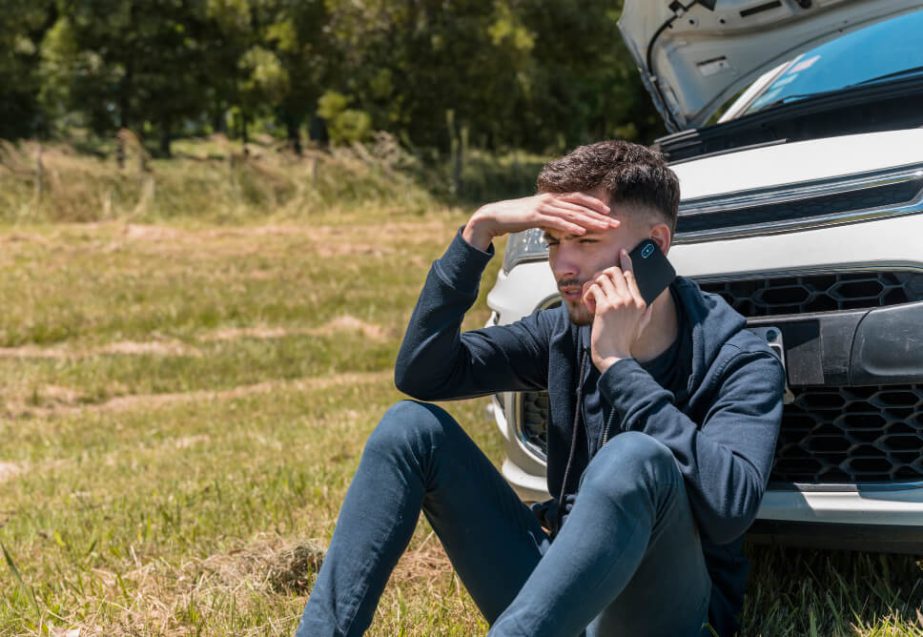
Kansas City, Missouri, is a city on the move, with busy streets, sprawling highways, and a mix of drivers navigating daily commutes. But with all that traffic comes the risk of accidents, and when they happen, the aftermath can be overwhelming—especially when it comes to medical bills.
Who pays for your treatment? Do you rely on your insurance or the other driver or take legal action? The answer isn’t always straightforward, and it depends on several factors, including fault, insurance policies, and state laws.
This is where a car accident lawyer in Kansas City to protect your rights can be invaluable. They help navigate the complexities of insurance claims, liability, and potential legal action, ensuring you don’t end up paying for someone else’s mistake.
Understanding your options early can make all the difference in securing the compensation you need for your recovery. Let’s break down what you should know.
Personal Health Insurance
A way that they can fund their medical costs following an accident is with private health insurance. The majority of injured individuals find that their health policies include cover for injuries sustained in vehicle accidents.
However, it is important to know the actual wording of your policy. Policies differ from plan to plan, and there may be a deductible or co-pay involved. Policy documentation and contact with insurance companies can give some idea of the extent of the coverage.
- Private Health Insurance: Pays your medical bill but will at times, require you to see in-network physicians.
- Employer-Sponsored Health Plans: These may provide additional coverage, but you will still have to pay deductibles.
- Medicare & Medicaid: If you are eligible, these government programs will cover your medical bills, but they can also require you to pay back if you receive a settlement.
Auto Insurance Policies
Another option is car insurance to cover associated medical bills. As many personal auto policies have Personal Injury Protection (PIP) or Medical Payments (MedPay) coverage, these benefits may come to the rescue.
PIP covers third-party medical, regardless of fault, while MedPay is similar but may differ in coverage limits. So, knowing what applies in such cases helps, and auto insurance policies are probably the best bet to look into first.
- PIP (No-Fault Insurance): Covers medical bills, lost wages, and rehabilitation but with varying state and policy limits of coverage.
- Required in no-fault states like Florida, New York, and Michigan.
- Covers other expenses like travel to and from doctor’s offices.
- MedPay (Medical Payments Coverage): Covers medical bills but not wages. It is an alternative offered in most states.
- As opposed to PIP, MedPay does not reimburse for non-medical losses like lost wages.
- Pay copays and deductibles your health insurance won’t.
The At-Fault Driver’s Liability Insurance
But if the other driver is responsible for the accident, their liability insurance can pay for medical expenses.
You might be able to have your medical expenses covered by filing a claim against the insurance company of the driver who caused the accident.
But this could involve some negotiating back and forth and could even lead them into court sometimes. By consulting a legal firm, people can discover their rights and get the best from the insurance compensation from whoever is liable.
- Bodily Injury Liability (BIL): Reimburses for your medical expenses when the other party is at fault.
- Property Damage Liability (PDL): Reimburses for vehicle damage but not medical expenses.
- Minimum Limits Differ from State to State: Minimum liability coverage in most other states is low and may not pay all medical expenses.
Federal Aid Programs
Government programs can help to provide relief for people who do not have enough coverage. Anyone eligible for Medicaid and Medicare still gets health coverage, including injuries related to an accident.
You need to be eligible based on your income level, age level, or if you are disabled. By applying for these programs, they can get the medical care they need without massive out-of-pocket costs.
- Medicaid: State medical care coverage plan for the poor.
- Medicare: Federal plan for most seniors (65+) and some disabled.
- Hospital Charity Care Programs: Some hospitals offer financial assistance plans for the uninsured.
- Negotiating Medical Bills: Some doctors may offer discounts or payment plans if you are not insured.
Legal Action and Settlements
One other way to recover medical expenses is to take legal action against the person at fault. Consulting with an attorney can help establish a good case that leads to a settlement.
These settlements might encompass medical expenses, lost wages, and other damages. Although litigation tends to be a lengthy process, it is sometimes the only route to recoup some funds.
- Medical Costs: Hospital charges, surgery, physical therapy, and ongoing medical treatment.
- Lost Wages: Payment of lost wages due to the inability to work.
- Pain and Suffering: Payment for emotional pain and suffering.
- Punitive Damages: Extra damages can be paid in gross negligence cases.
Employer-Sponsored Benefits
Others can access employer health coverage or accident insurance. Going over the benefits an employer might provide could uncover more coverage. Potentially, if workers’ compensation applies (if the accident occurred while performing work duties).
Human resources departments can be helpful in answering questions about benefit availability and how to access them.
The Role of Crowdfunding & Community Sponsors
With the current times gone digital, fundraising platforms help with another way to raise funds for medical bills. A lot of people also use these platforms to seek the support of a community when it comes to their needs.
Explain how the accident occurred and disclose the costs involved so people can help out in the way that they are able to. There’s no way to guarantee a cashless result, but you can gain crucial lifeline cash when other options fail.
Conclusion
Dealing with medical bills after a car accident when bills come flooding in can be confusing, but there are resources available for you to make better judgments.
There are many approaches to covering these costs, from personal health insurance to legal settlements. However, those who are aware of this information will be able to manage the financial implications of your recovery from the accident more quickly.
Accessing required medical treatment without excessive financial hardship is still a goal among those affected by such unfortunate incidents.

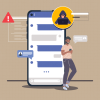






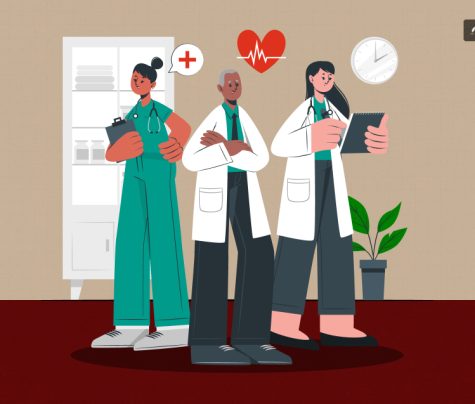
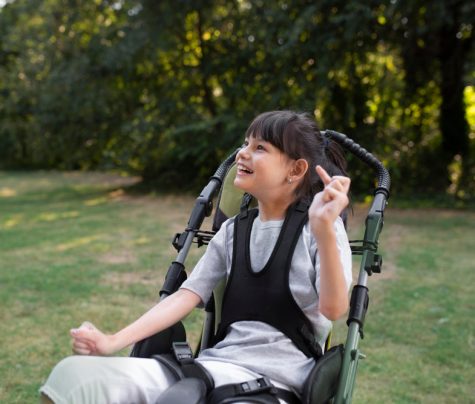
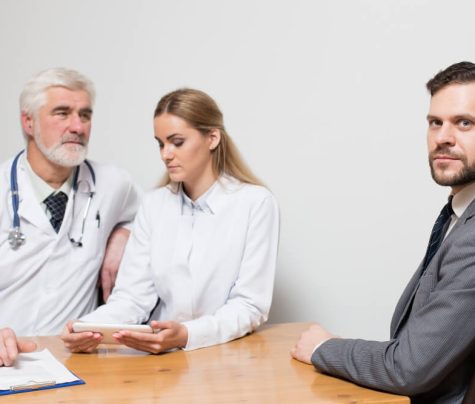
0 Reply
No comments yet.